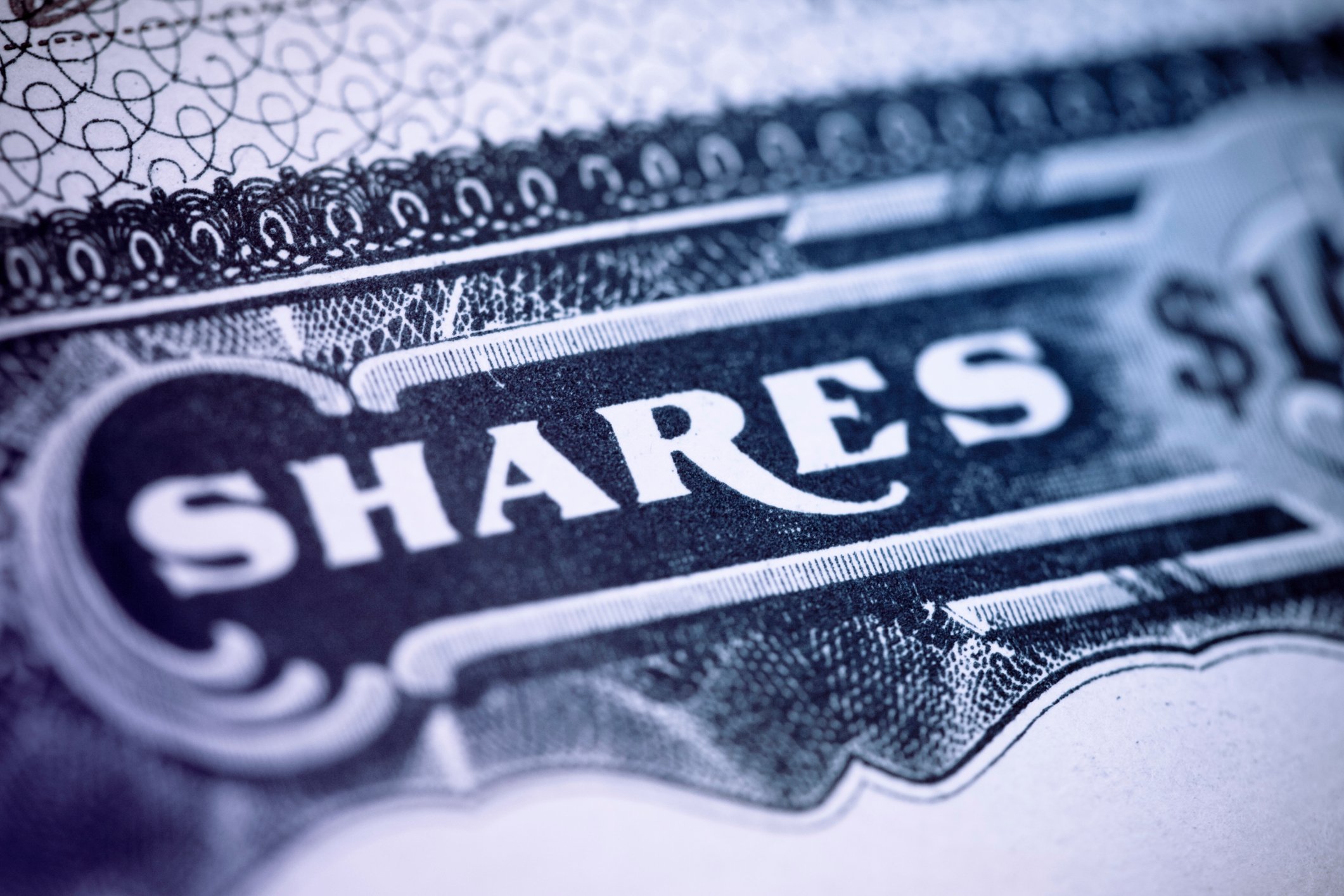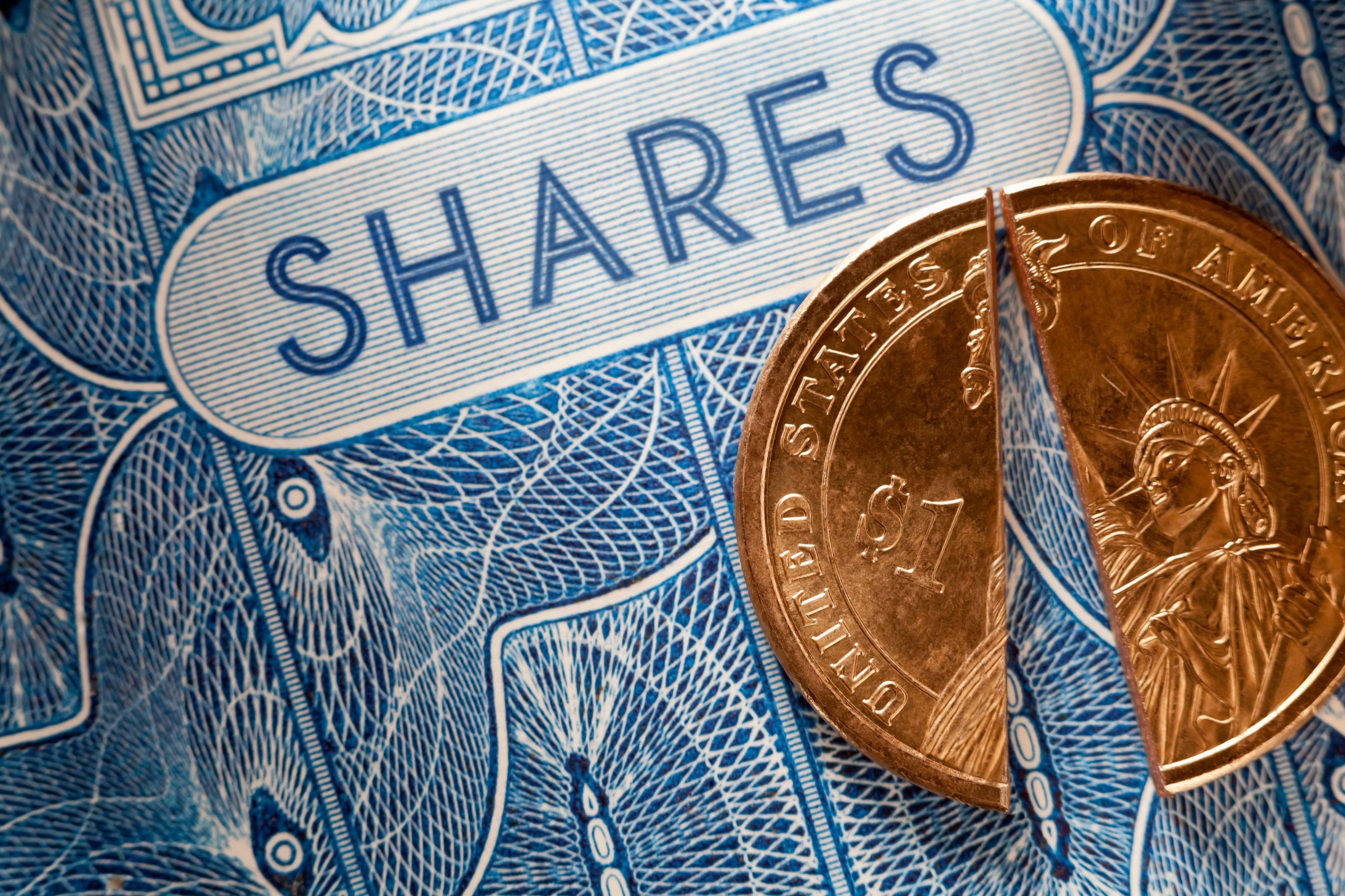Sirius XM Holdings (SIRI +0.00%) lives and dies by auto sales trends, so investors may be more than a little worried with the National Automobile Dealers Association forecasting a decline in new light vehicles. The car dealership trade group sees 16.8 million vehicles being sold this year, the first time in five years that sales won't top 17 million cars and light trucks.
Some of the reasons for the expected slide in new car sales include higher interest rates, which make financing plans more prohibitive, and the widening gap between new and used vehicles, a situation that will likely worsen as more vehicles go off-lease in 2019. However, sooner or later, investors will have to decide if the ride-hailing revolution that will birth the IPOs of Uber and Lyft this year can also shrink the potential market for satellite radio subscriptions.
Check out the latest earnings call transcript for Sirius XM.

Neil Patrick Harris at a Sirius XM interview. Image source: Sirius XM Holdings.
Shifting into drive
Your car is likely an underutilized asset. Most people are in their cars for 5% to 10% of the day -- if that -- and the rest of the time the vehicles sit idle as auto loan and car insurance payments pile up. Uber and Lyft make it a lot easier to give up your car entirely, and with that likely comes the end of your Sirius XM radio subscription.
The counter to this argument is that the success of Uber and Lyft is creating cottage industries on wheels, and those drivers are probably more likely to warm up to Sirius XM subscriptions. Even part-time Uber and Lyft drivers are wheeling around town for a lot more than 5% to 10% of the day. Unfortunately, the math still isn't kind on that front.
We now know from Lyft's filing earlier this month that it had 1.9 million drivers earning money on its platform in 2018. However, there were also 30.7 million riders at the other end of those $8.1 billion in bookings. Not every Lyft passenger is car-less, but if they're leaning on a third-party car service to get around from time to time, they probably aren't springing for a satellite radio subscription.
Sirius XM is holding up just fine for now. Revenue and subscriber counts continue to inch higher with every passing quarter. The satellite radio monopoly begins the year with a record 34.1 million subscribers. As fast as Uber and Lyft have exploded on the transportation scene, Sirius XM is still gaining more customers than it is losing. One can also argue that Sirius XM's recent purchase of Pandora is a way to diversify away from car-based premium radio consumption.
Investors aren't worried. Short interest is at a 52-week low. Bucking the ups and downs of Wall Street, the shares have delivered positive returns for 10 consecutive years. Sirius XM is also trading higher in 2019. Past performance is obviously not a guarantee of future returns. Investors should be watching auto sales closely. If Uber and Lyft are reshaping opinions about outright vehicle ownership, it will be that much harder for Sirius XM to grow its premium audience. The company is doing fine right now, but the real question is will Sirius XM still be behind the wheel driving growth tomorrow?






